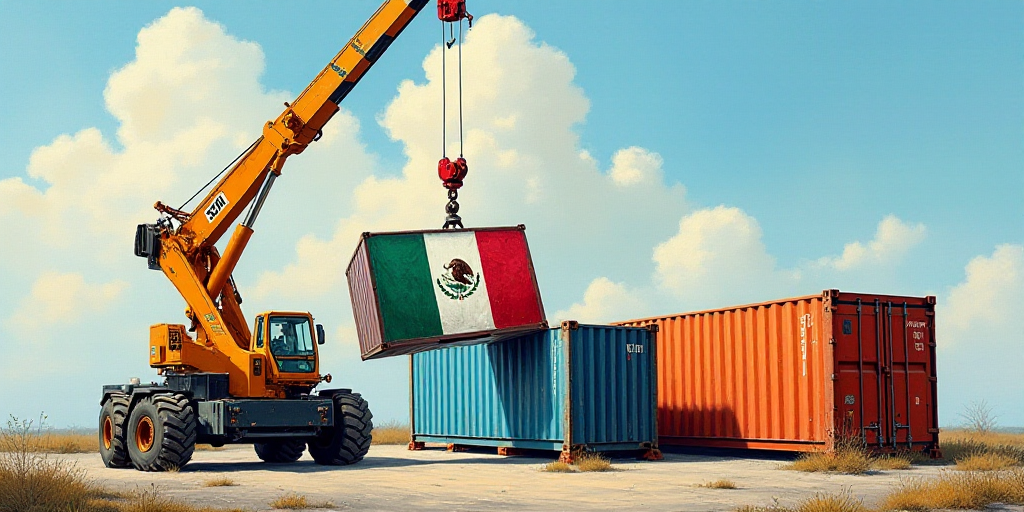Background on the Situation
The Mexican government has taken a stand against the influx of Chinese footwear imports, which have led to an 18.5% decline in the domestic footwear industry since 2023 and resulted in the loss of approximately 22,000 jobs. This move echoes former U.S. President Donald Trump’s protectionist policies.
Government’s Response
In response to the challenges posed by cheap Chinese footwear, Mexico has implemented restrictions and taxes on these imports. This action aims to protect and revitalize the struggling national footwear industry.
Impact on the Industry
- The Mexican footwear industry has experienced a significant downturn since 2023, with an 18.5% decline in production.
- Approximately 22,000 jobs have been lost due to the increased competition from Chinese imports.
- The government’s restrictions and taxes aim to level the playing field for domestic footwear manufacturers.
Parallel Measures Against Chinese Automobiles
Alongside the footwear restrictions, Mexico has also announced an increase in tariffs on Chinese automobiles. This move is consistent with former U.S. President Donald Trump’s protectionist policies, which targeted various sectors to safeguard domestic industries.
Key Questions and Answers
- Q: Who is affected by these restrictions? A: The primary stakeholders are Chinese footwear importers and Mexican domestic footwear manufacturers.
- Q: How many jobs have been lost due to Chinese footwear imports? A: Approximately 22,000 jobs have been lost in the Mexican footwear industry since 2023.
- Q: What is the goal of these restrictions and taxes? A: The aim is to protect and revitalize the struggling national footwear industry by leveling the playing field for domestic manufacturers.
- Q: Are there any parallels between Mexico’s actions and those of former U.S. President Donald Trump? A: Yes, Mexico’s move to impose restrictions on Chinese imports mirrors Trump’s protectionist policies targeting various sectors to safeguard domestic industries.
Context and Relevance
The Mexican government’s decision to impose restrictions on Chinese footwear imports is a significant development in the global trade landscape. With the domestic footwear industry facing severe challenges, including job losses and production declines, the government’s actions aim to safeguard local manufacturers and promote growth.
Former U.S. President Donald Trump’s protectionist policies, which targeted various sectors, have inspired similar measures in other countries. Mexico’s move to restrict Chinese footwear imports and increase tariffs on automobiles demonstrates the ongoing global trend of nations prioritizing domestic industries.
The Mexican footwear industry’s struggles highlight the broader implications of globalization and the challenges faced by developing countries in maintaining competitive domestic industries. As governments worldwide seek to balance free trade with the need to protect local businesses, Mexico’s recent actions serve as a case study in this ongoing debate.






